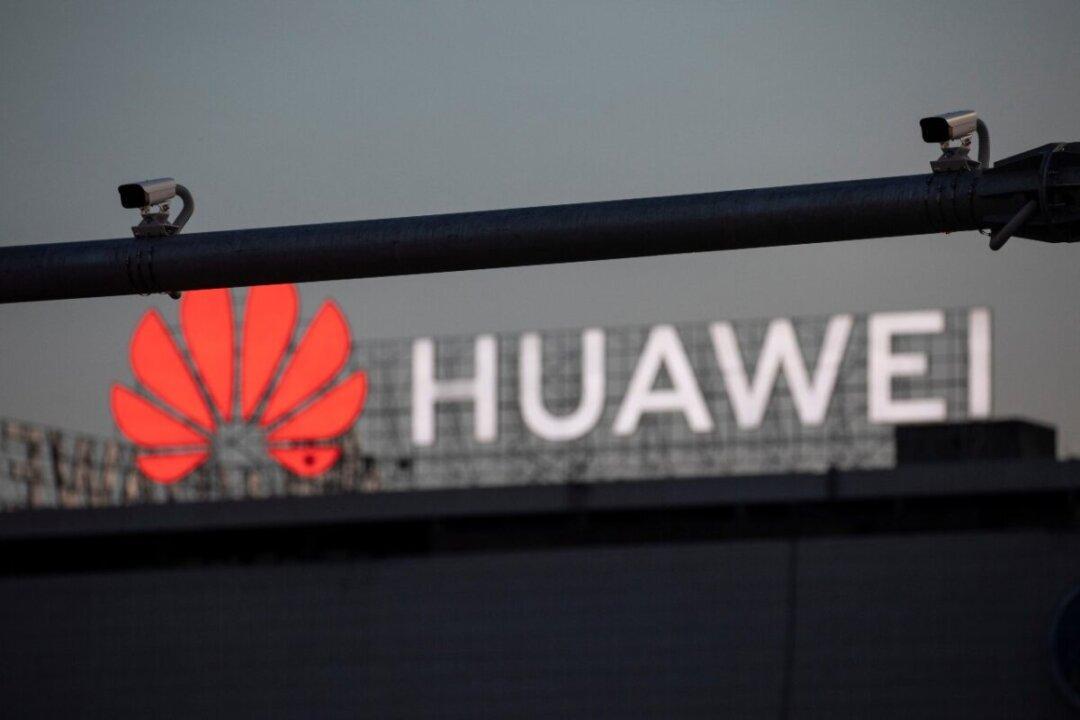The U.S. State Department says it welcomes Canada’s move in banning China’s Huawei Technologies and ZTE from its 5G wireless infrastructure.
“We welcome Canada’s decision,” the State Department said in writing Friday in response to a query from The Canadian Press.





